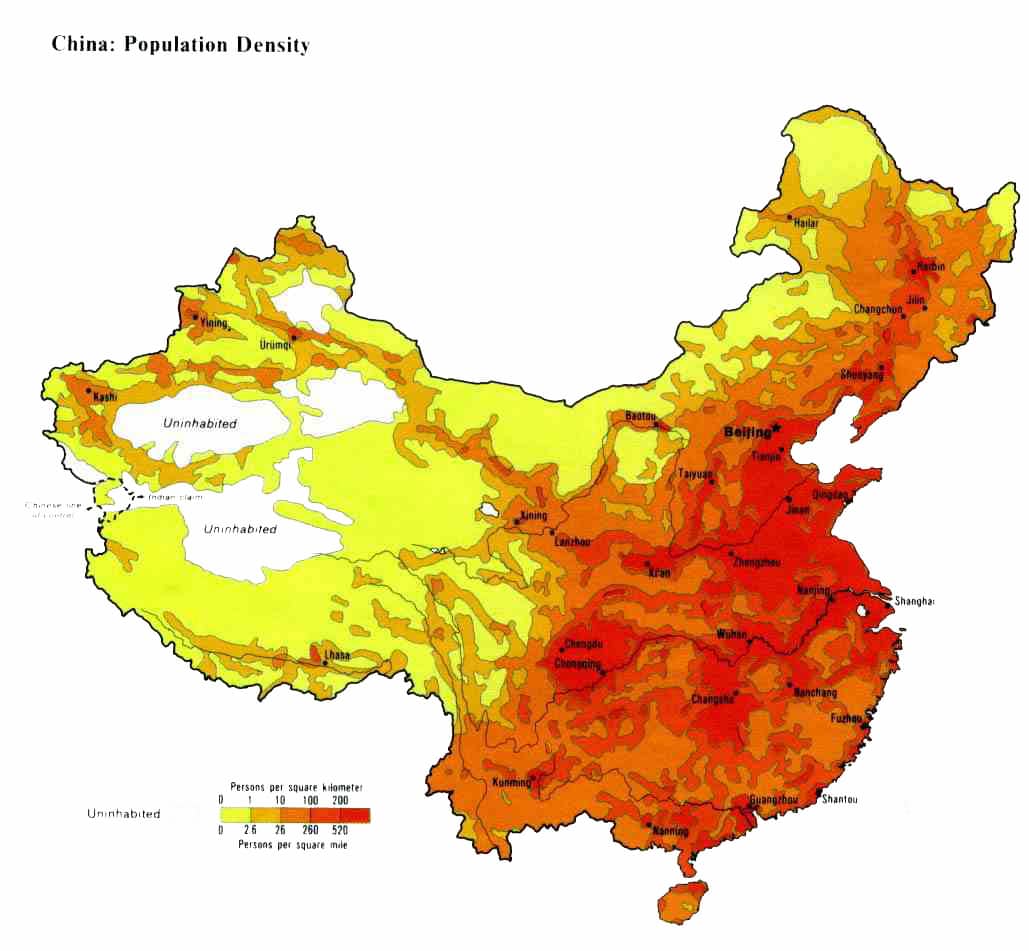Carl - +1 on your review of the book and general conclusions.
I would disagree about the idea that Nationalist China did not have supply or sanctuary. For me the dominant feature of Japan's war was their complete lack of an overarching strategic plan for China. Their China policy seemed much more a set of improvisations, driven primarily by events and commanders in the field, especially early on ("Manchuria Incident" and assault on Shanghai). They wanted to protect their Manchurian resource enclave from the Nationalist threat, but they had no overall strategic plan as to why Manchuria was worth so much, or what they would do with it or the other parts of China.
Yet in order to protect Manchuria, they decided to destroy the KMT army by attacking first Shanghai, then expanding ever onward in a vain attempt to pin and then destroy the Nationalists. Their entire campaign was an attempt to destroy the KMT's sanctuary and supply lines in the rest of China and SE Asia. In the end, they ended up garrisoning vast territories with overstretched armies, fighting swarms of guerrillas who could be wiped away easily but never quite eliminated, while chasing KMT armies who could be defeated but never quite destroyed completely. Meanwhile their efforts completely wrecked their diplomatic position and turned former Western allies pre-1932 into bitter enemies.















Bookmarks